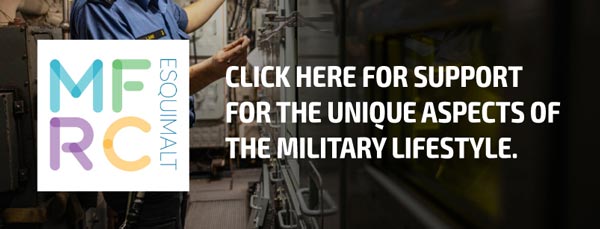“Our capacity to use our will effectively is often disregarded in our lives and mostly framed as something that requires a sense of strength.” ~ Thomas Goenczi
Thomas Goenczi
Lookout contributor
One of the most anguished challenges in therapy is confronting fears about counselling. Understanding these fears helps prevent them from dictating one’s life. Once individuals better understand their fears about therapy, they can better learn to overcome them and continue their therapeutic journey.
There are commonly shared fears concerning the counselling experience. They include but are not limited to:
- Fear of uncertainty when committing to counselling ;
- Fear of embracing states of vulnerability and openness;
- Fear of confronting issues that you find disturbing to yourself;
- Fear of not being heard or being able to connect with the therapist;
- Fear of facing topics that are rooted in trauma; and
- Fear of not attaining your goals/the fear of success.
This is not an exhaustive list, but it shines a spotlight on the common fears that individuals regularly confront in therapy.
These fears seem to have a pulse of their own. When fear is incongruent with reality, it almost has a possessive-like quality. It restricts an individual’s capacity to live life to its fullest essence. However, fear also grounds us in a sense of reality and helps us from becoming psychologically over-inflated or narcissistic. Therefore, fear becomes an essential element in our capacity to assess levels of risk in any situation.
When we choose to make decisions rooted in our fears, we anticipate fear to emerge to decide how and when to act. This eventually causes an unconscious loop and wires us to make our fears essential for decision-making.
So, how do we even begin to overcome our fears and break that loop?
Confronting fear naturally activates courage. Courage is our psychological armour against fear and the defence against the most disturbing horrors. Courage can be difficult to conjure up at times of immense psychological distress, and sometimes it isn’t enough. If courage is our armour against fear, then our will is the accompanying weapon required to overcome it.
Our capacity to effectively use our will is often disregarded and mostly framed as something that requires a sense of strength. Although strength is an essential characteristic of the will, there is also an element of skill and good needed when willing to do something fully.
Let’s look at an example.
A man has encountered the common fear of bringing up a thought or situation in counselling where he acted in a way that he found disturbing. Let’s say he’s been swept up by uncontrollable fits of rage in the most minute of situations, which scared his partner.
In counselling, he is met with the bubbling dread of bringing this up to his therapist. Thoughts such as ‘What will they think of me?’, ‘Do I really need to bring this up?’ and ‘It wasn’t so bad…’ come rushing at the intersection with fear. This is when the dawning of one’s courage, equipped with will, guides one’s choice: do you give into the fear in a limited or conscious manner, or do you confront it to try and overcome it?
This all happens in a matter of seconds and, often, unconsciously. However, if you have the ability in therapy to briefly pause, take a breath and consciously assess how you would like to confront your fear, this moment of pause can help disarm the fear, help you to become less attached to it, and allow you to press forward in your therapeutic journey.
Thomas Goenczi is an RCN Veteran and MA Clinical Counsellor with Private Practice: Well Then Therapy.
The content is not intended to substitute professional advice, diagnosis, or treatment. Always seek the advice of your mental health professional or other qualified health provider with any questions regarding your condition.






